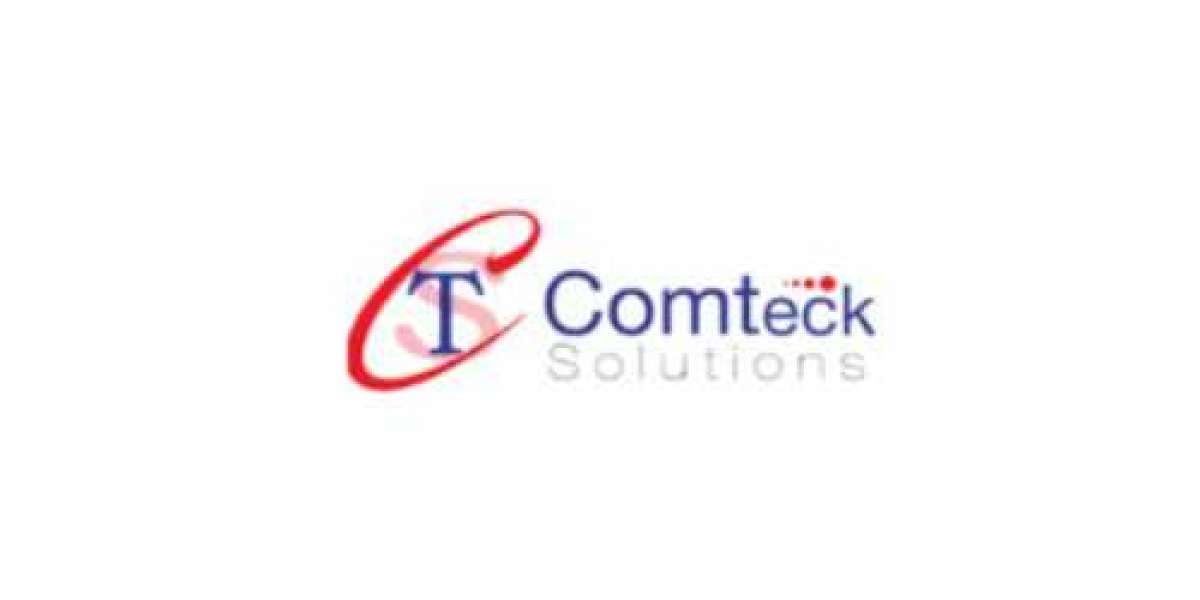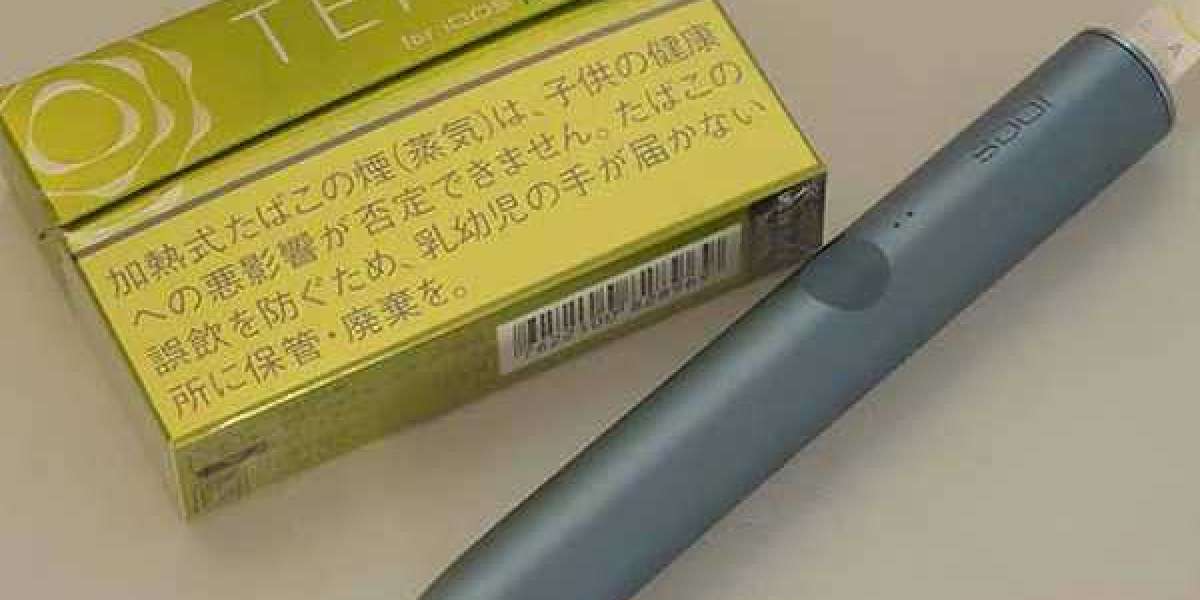Expanding on our previous exploration of Fixed gas detection systems UK, this piece delves deeper into their specific applications, the crucial regulatory landscape governing their use, and highlights some of the key players in the UK market. Understanding these aspects is vital for businesses seeking to implement the most effective and compliant hazard detection solutions.
Niche Applications and Tailored Monitoring in the UK:
Beyond the general advantages, aspirated sensor units in the UK are often the preferred solution in highly specialized scenarios:
- Data Centres and Server Rooms: The UK's thriving tech sector relies heavily on uninterrupted data flow. Aspirated systems provide the ultra-early warning needed to prevent even minor overheating or smoldering in sensitive electronic equipment, minimizing costly downtime.
- Transportation Infrastructure: From the London Underground to major airports, the ability of aspirated systems to monitor large volumes of air and detect subtle changes in smoke or gas concentration is crucial for ensuring passenger safety and efficient operations. Their resilience in challenging environments is also a key factor.
- Clean Manufacturing and Pharmaceutical: The UK's advanced manufacturing and pharmaceutical industries demand stringent contamination control. Aspirated systems offer the sensitivity to detect minute airborne particles or gas leaks that could compromise product quality or safety.
- ATEX Zoned Areas: In UK industrial sites handling flammable substances (classified under DSEAR and ATEX), specialized aspirated systems with explosion-proof housings and intrinsically safe sampling lines are essential for continuous monitoring without posing an ignition risk.
- Cold Storage and Harsh Environments: The UK's food processing and logistics sectors often utilize cold storage facilities. Aspirated systems designed to operate in extreme temperatures and resist moisture provide reliable detection where traditional sensors may fail.
- Historical Buildings and Cultural Heritage: Protecting the UK's rich heritage requires discreet and highly sensitive detection methods. Aspirated systems allow for concealed pipework and early warning without impacting the aesthetic integrity of historical structures.
Navigating the UK Regulatory Landscape for Aspirated Sensor Units:
The use of aspirated sensor units in the UK is governed by a robust framework of regulations and standards:
- EN 54-20: Fire detection and fire alarm systems - Part 20: Aspirating smoke detectors: This European standard, adopted in the UK, specifies the requirements, test methods, and performance criteria for aspirated smoke detectors. Compliance with EN 54-20 is crucial for fire safety applications. Different classes within the standard (A, B, and C) define the sensitivity levels suitable for various risk levels.
- The Regulatory Reform (Fire Safety) Order 2005: This key UK legislation places the responsibility for fire safety on the "responsible person" for a building. Implementing appropriate fire detection systems, including aspirated units where necessary, is vital for fulfilling these duties.
- DSEAR (Dangerous Substances and Explosive Atmospheres Regulations 2002): For aspirated systems used in potentially explosive atmospheres in the UK, compliance with DSEAR and the ATEX directives is mandatory. This includes ensuring the equipment is appropriately certified for the specific hazardous zone.
- HSE Guidance: The Health and Safety Executive provides guidance on various aspects of industrial safety, including the selection and use of gas detection systems, which can be relevant to aspirated gas detection applications.
- British Standards (BS): While EN standards are often adopted, relevant British Standards related to fire safety and industrial safety may also apply.
Key UK Suppliers and Manufacturers:
The UK boasts a strong network of suppliers and manufacturers specializing in aspirated sensor units. Some prominent players include:
- Xtralis (VESDA FAAST): A global leader with a significant presence in the UK, offering a wide range of high-sensitivity aspirated smoke detection systems.
- System Sensor (FAAST): Another major international player with a strong UK presence, providing reliable and advanced aspirated smoke detection solutions.
- Hochiki: A well-established fire detection manufacturer with a range of aspirated smoke detectors suitable for various UK applications.
- Patol: A UK-based company specializing in high-sensitivity smoke and gas detection systems, including aspirated solutions for industrial environments.
- GDS Technologies Ltd: A UK manufacturer offering aspirated sensor units for gas detection in various industrial and commercial settings.
- Eurofyre: A UK distributor and system integrator for various aspirated smoke and gas detection brands, providing local expertise and support.
- Huvo (Discount Fire Supplies): A UK supplier offering a range of aspirated smoke detectors from multiple manufacturers.
- The Safety Centre: A UK-based supplier of fire safety equipment, including aspirated smoke detection systems.
Conclusion: Embracing Advanced Detection for a Safer UK:
Aspirated sensor units represent a sophisticated and often essential element of safety infrastructure in the UK. Their ability to provide very early warning, Fixed gas detection systems UK operate in challenging environments, and offer tailored monitoring solutions makes them invaluable across a diverse range of industries and applications. By understanding the specific UK regulatory landscape and partnering with experienced local suppliers, businesses can leverage the proactive power of aspirated sensor technology to create safer and more secure environments throughout the United Kingdom.
Website Link : https://www.comtecksolutions.co.uk/product/single-sensor-gas/






